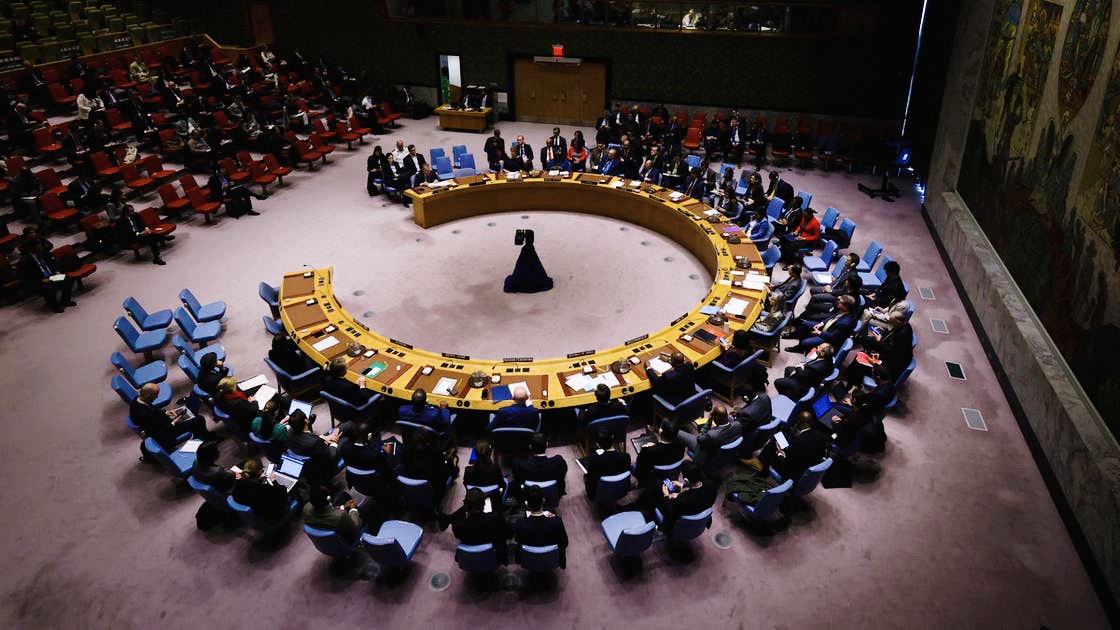On the 80th anniversary of the signing of the United Nations Charter, which was signed on June 26, 1945, with the hope of "saving future generations from the scourge of war," the debate is renewed on the extent to which countries adhere to the principles of this foundational document that established the rules of international relations after World War II.
The Charter, formulated at the San Francisco Conference with the participation of 50 countries, came into effect in October of the same year after approval by the major powers, and the current number of members is 193 countries.
The Charter consists of 19 chapters and 111 articles, defining the purposes and principles of the United Nations, such as respect for sovereignty, equality among states, peaceful conflict resolution, humanitarian cooperation, and protection of human rights.
Chapter VII also grants the Security Council the authority to impose sanctions or use military force when there is a threat to international peace, with the five permanent member states (United States, Russia, China, Britain, France) holding the veto power.
Despite its aspirations, the Charter has been subjected to numerous violations over the past eight decades without real accountability.
United Nations Secretary-General "António Guterres" recently emphasized that the Charter "is not just a document but a promise of peace and dignity," yet the reality often reflects the international community's failure to address repeated violations.
For example, the United States was recently accused of violating the Charter after bombing Iranian facilities, while defending its actions as "the right to collective self-defense."
Russia, which faced condemnation from the General Assembly for its war in Ukraine, escaped Security Council actions due to the veto power.
Former Secretary-General Kofi Annan described the 2003 invasion of Iraq as "illegal."
Although Article 6 of the Charter allows for the expulsion of countries that violate its principles, no member has been expelled from the United Nations, except for the suspension of South Africa's membership in the General Assembly in 1974 due to apartheid policies.
Expert Ghisu Nia of the "Atlantic Council" considered that the lack of international accountability has turned violations into a common approach, where countries use Charter texts to justify contradictory actions, such as self-defense or non-intervention.
With ongoing global crises, the United Nations Charter remains an ideal reference facing an international reality fraught with political contradictions and conflicting interests, raising serious questions about its effectiveness in maintaining international peace and security.

